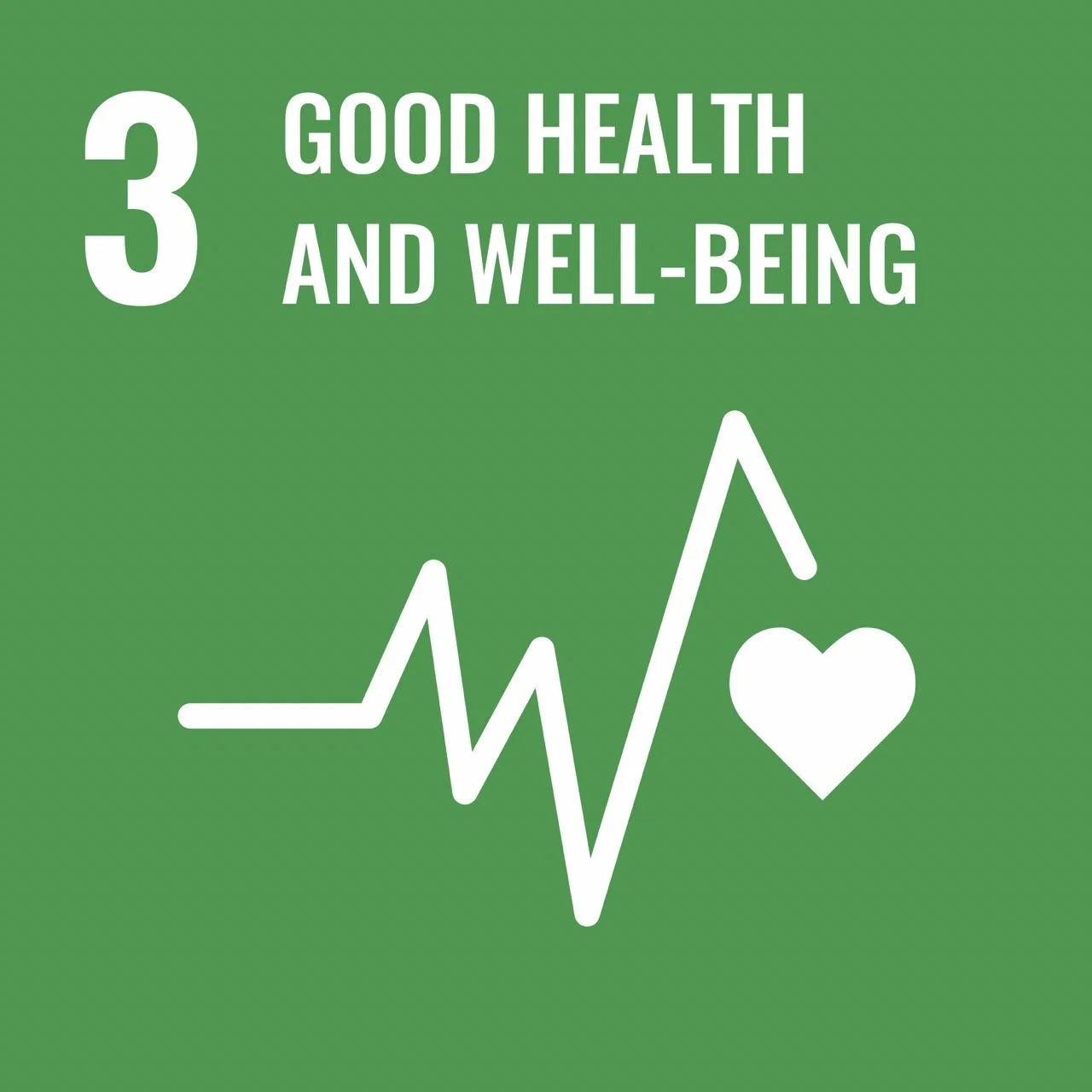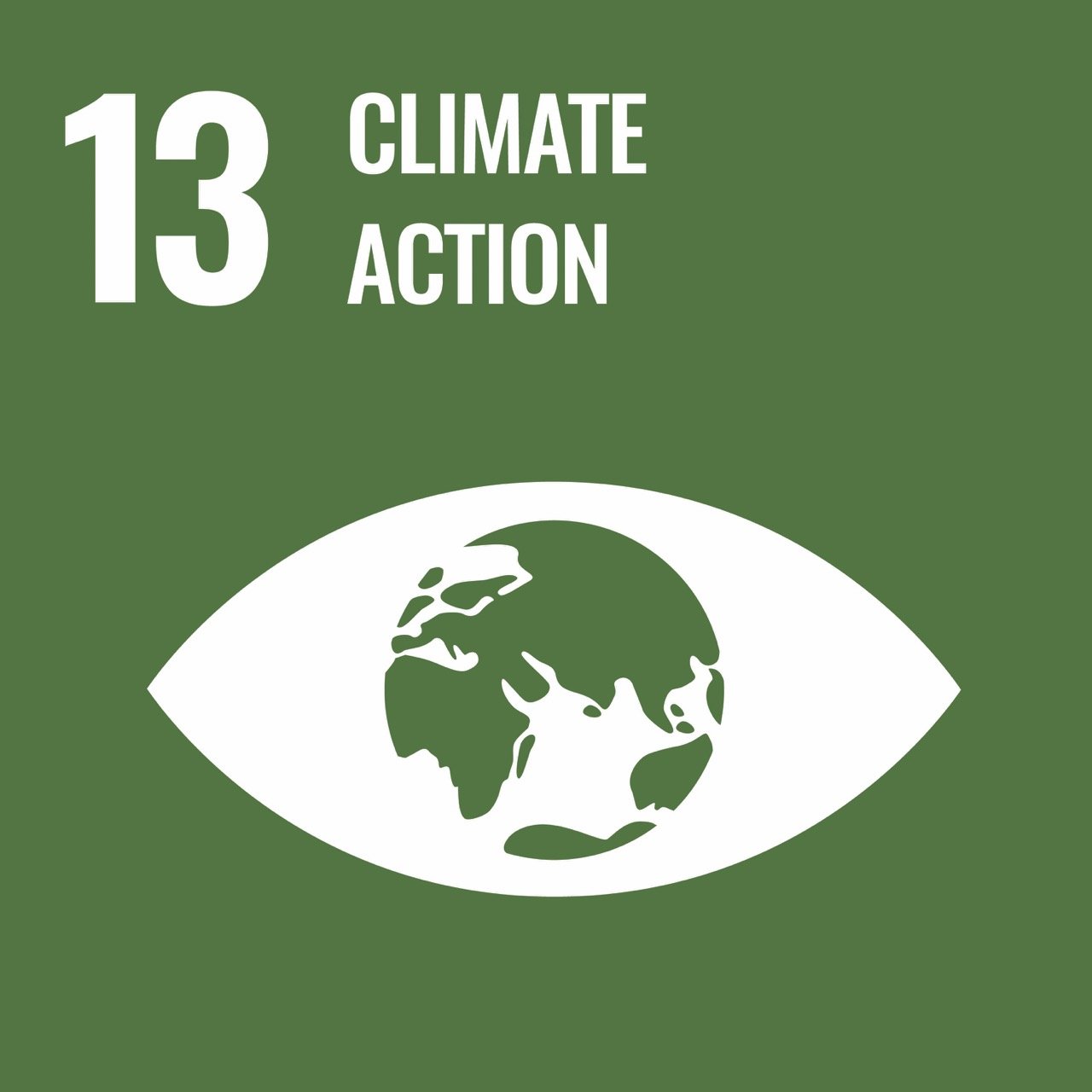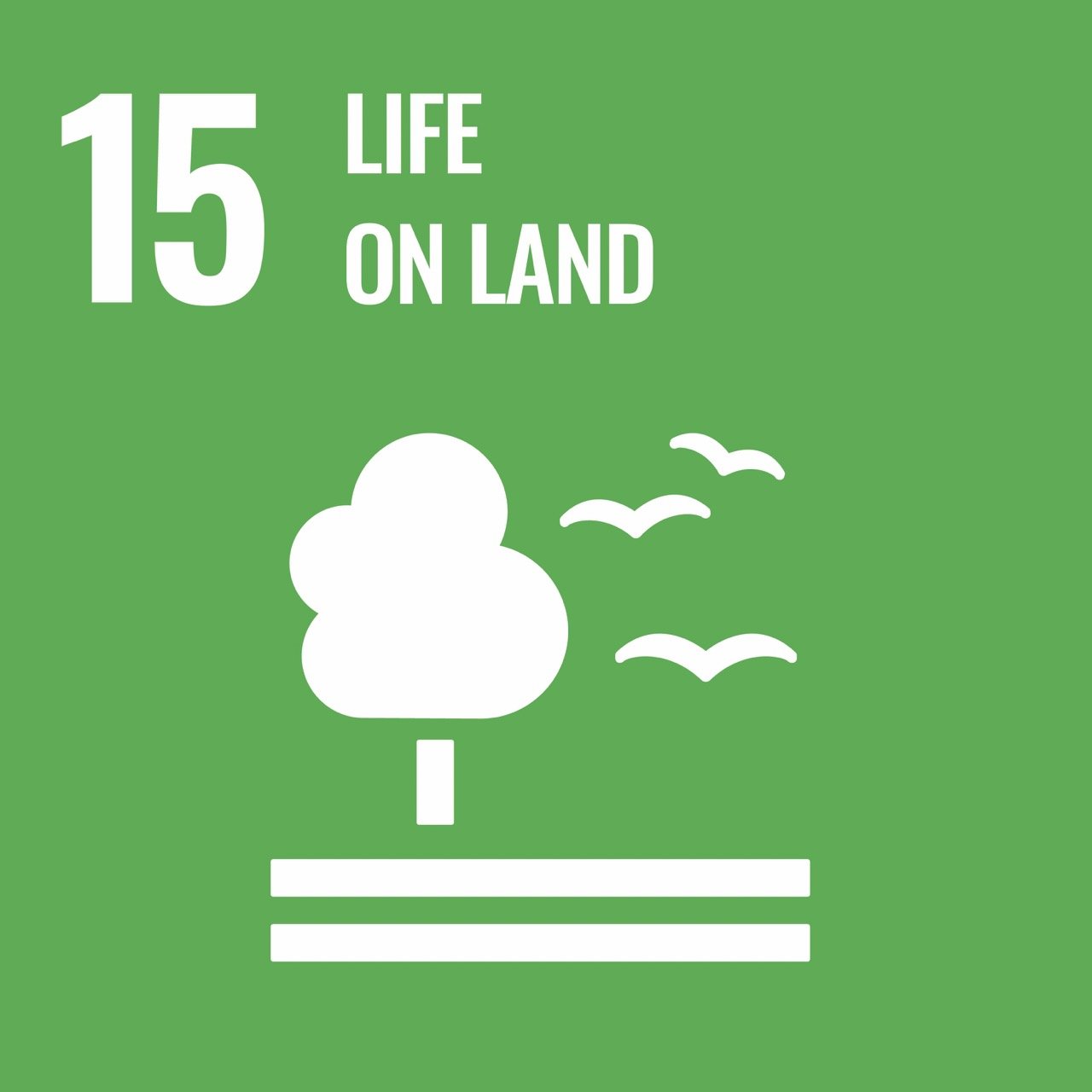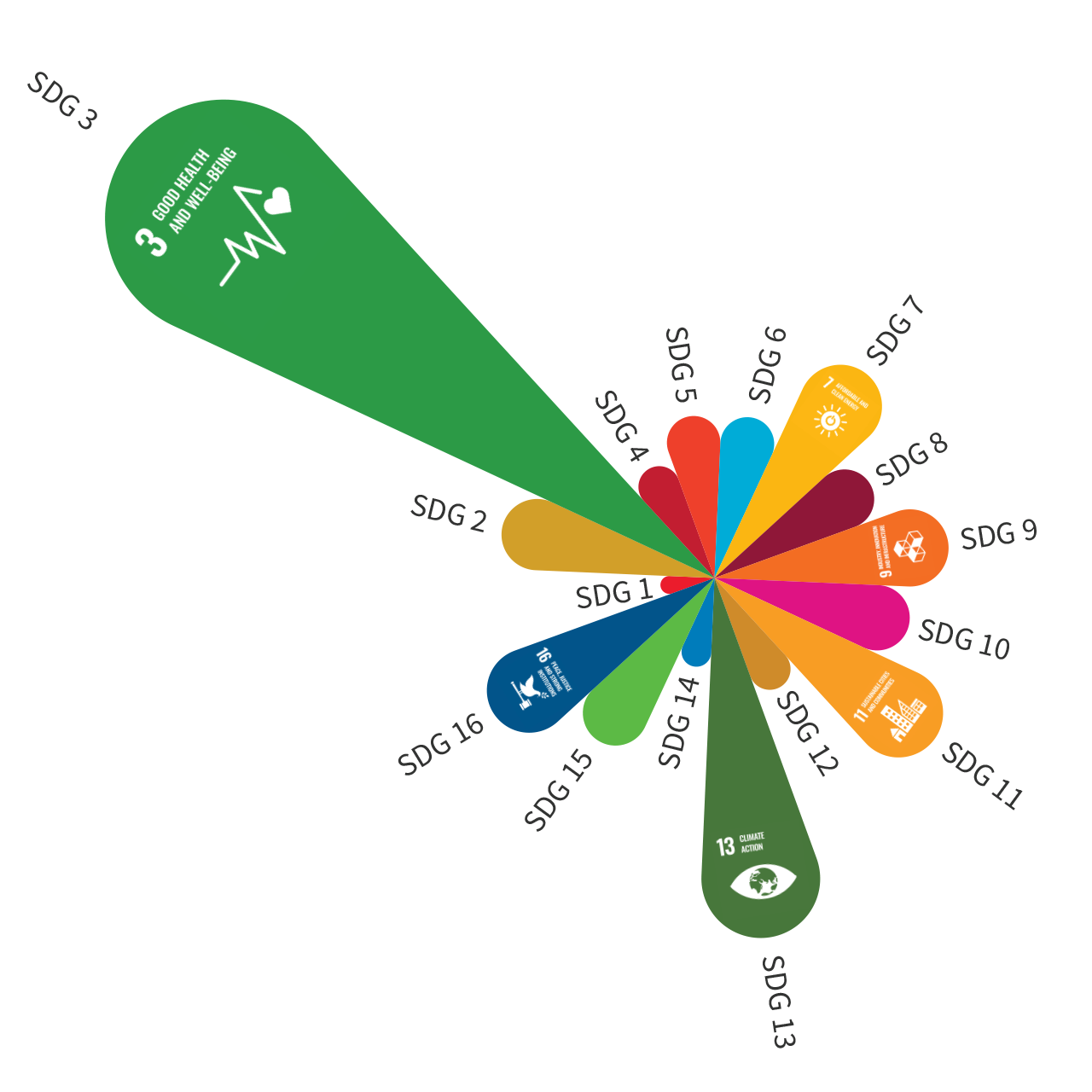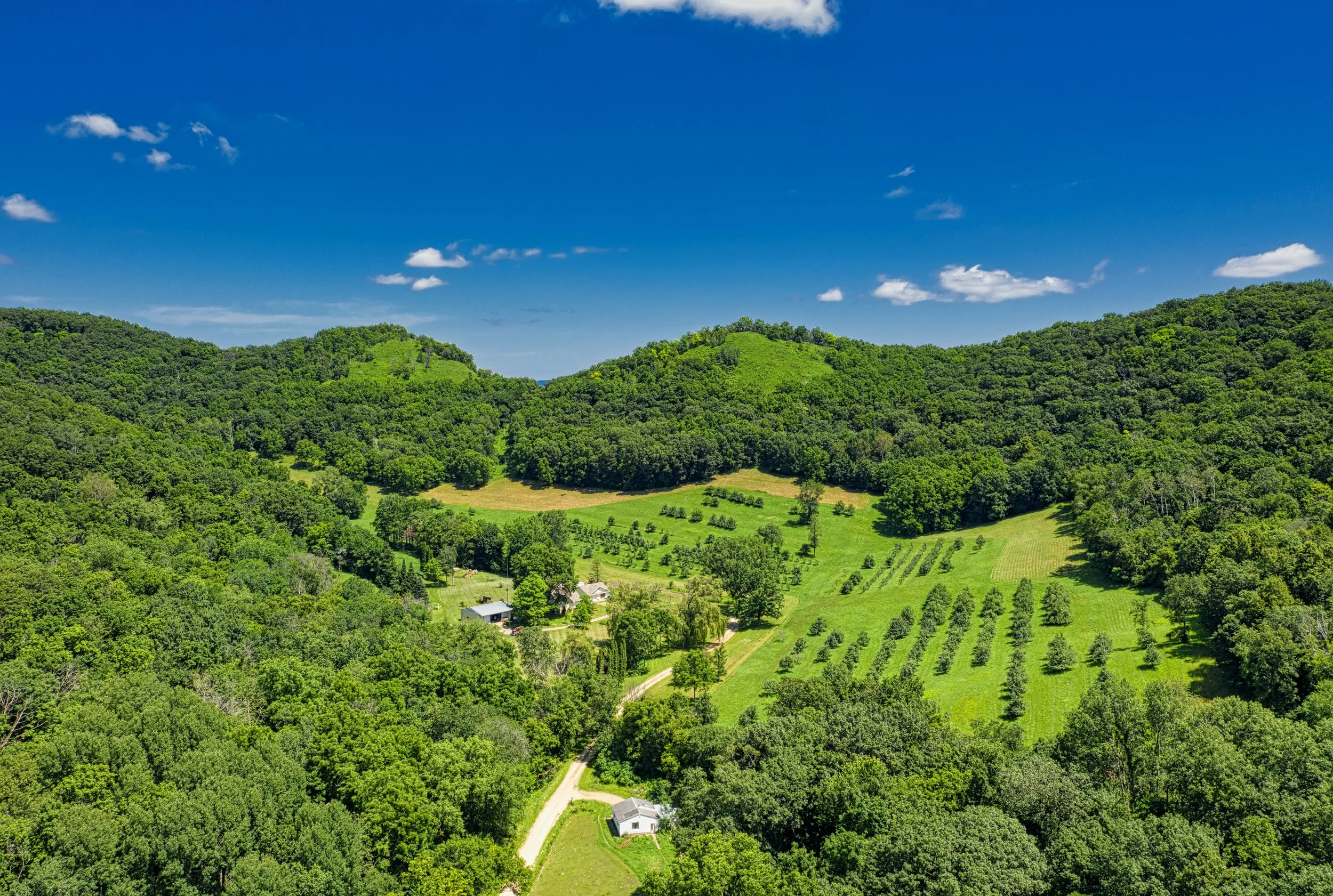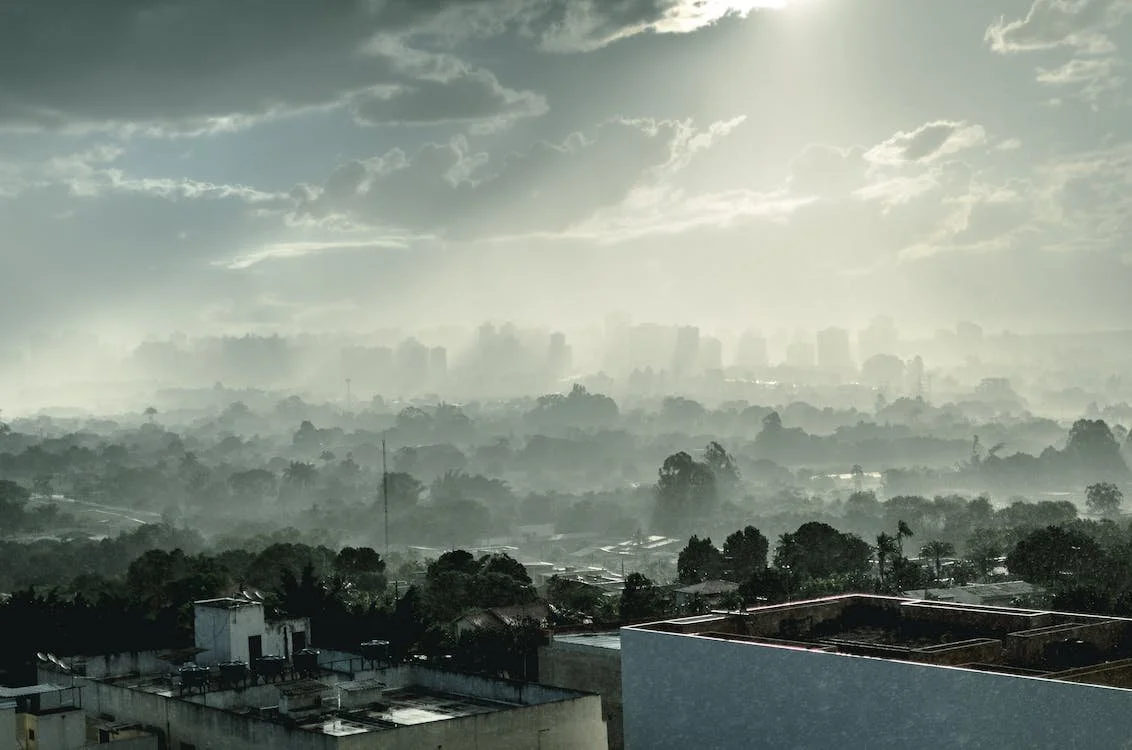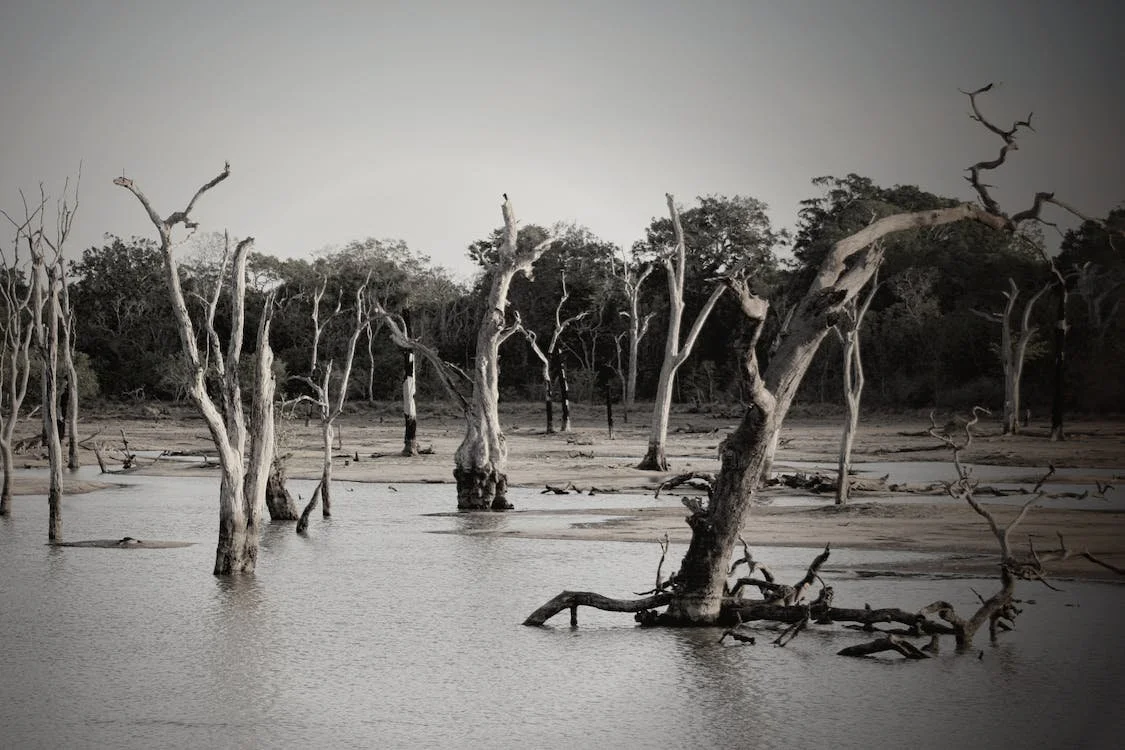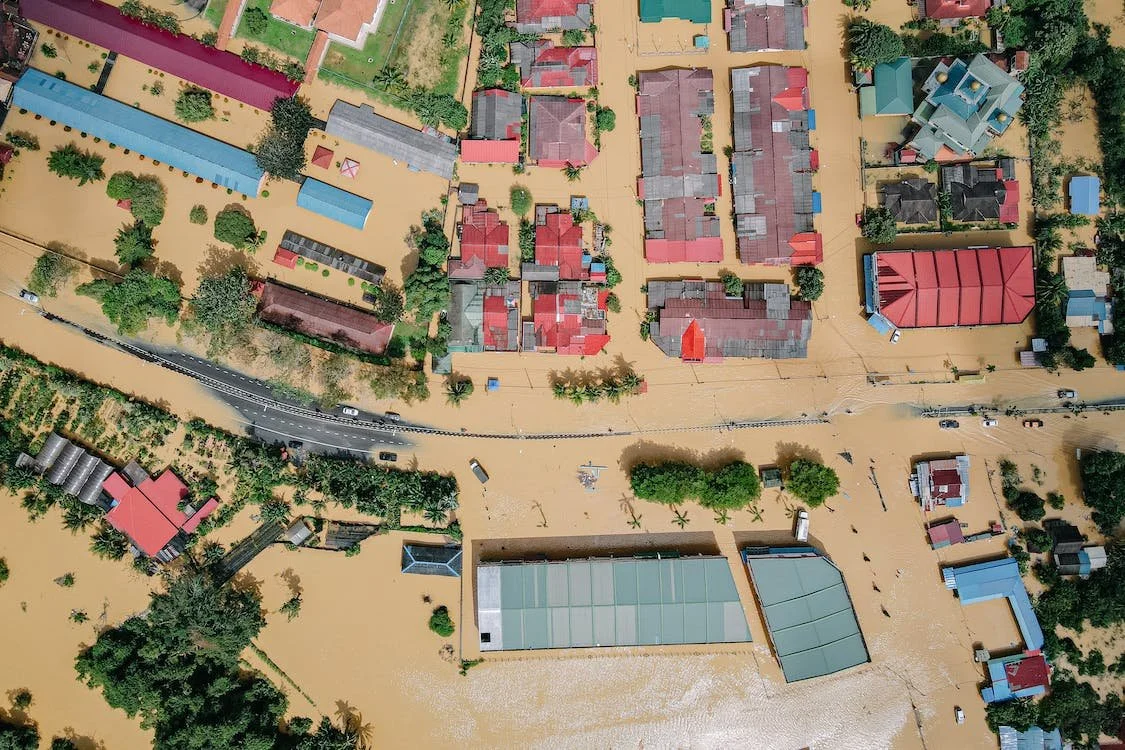PRIORITY AREA
5. Discovery
Aspiration to 2030
We aspire to be justifiably regarded as a place where students and academics do the highest-quality sustainability research that addresses difficult questions and major challenges.
Progress against targets
Sustainability research is integrated with campus operations and planning, to be an international exemplar of a sustainable community
Professional and academic staff collaborated on sustainability research, teaching and learning that addressed sustainability issues on our campuses
Our flagship sustainability and climate research institutes have been identified among priority areas for philanthropy and giving, to support the embedding of sustainability in research programs
The highest-quality research is conducted that contributes to knowledge, action, and impact across the disciplinary and interdisciplinary dimensions of sustainability
Our researchers contributed to advancing knowledge across a broad spectrum of sustainability and climate issues, including as contributors to the Intergovernmental Panel on Climate Change (IPCC) and in sustainability-focused research institutes
We are exploring tools to profile the breadth of our research activities and impact in relation to the UN Sustainable Development Goals
Researchers make considered decisions on the sustainability impact of their research practices and activities
We are developing processes to encourage sustainable research practices, including engaging the University community on the issue of air travel and requiring applicants to the MCF grants project to calculate the carbon footprint of their projects
SciVal SDG Mapping
The SciVal data table contains the complete dataset for this infographic.
Altmetric Explorer: 2022 research output examples
Realisation of Paris Agreement pledges may limit warming just below 2 °C (SDG 13)
UoM Contributors: Zebedee Nicholls and Malte Meinshausen
The minimum land area requiring conservation attention to safeguard biodiversity (SDG 15)
UoM Contributors: Brendan Wintle
UoM Contributors: Jonathan Kalman, Geoffrey Lee, Peter Kistler, Joseph (Joe) Morton, and Liang-Han (Han) Ling
-
University researchers played an important role in informing public policy and debate in 2022, including contributing to the Intergovernmental Panel on Climate Change (IPCC) Assessment Report 6 (AR6); and the World Meteorological Organisation (WMO) and United Nations Environment Programme (UNEP) Scientific Assessment of Ozone Depletion.
One way to understand impact on public knowledge is via Altmetric, which tracks the attention that research outputs receive online from blogs, reference managers, and traditional and social media (see Altmetric – right)
-
We are mapping research outputs to SDGs, using research publication databases and their partner analytical tools including SciVal (Scopus), Incites (Web of Science) and Almetric. The findings from SciVal, which are used in the THE and QS rankings, are shown here as an illustration in relation to the number of citations of the University’s scholarly outputs. Note that SciVal does not currently map publications to SDG 17.
In terms of impact, SciVal’s field-weighted citation indices indicate that the University is performing approximately 1.5–2.3 times better in terms of citations than similar publications from other research organisations.
We are continually developing our analytical processes, to account for the positive bias of tools which identify research related to achieving the SDGs but do not identify research which may hinder progress towards achieving the goals.
-
The University’s sustainability and climate-related interdisciplinary research institutes include:
Melbourne Climate Futures – Connects and amplifies the depth and breadth of University of Melbourne research, creates a portal to share ideas and collaborate on real action, and empowers the next generation of climate activists
Melbourne Energy Institute – Delivers influential, interdisciplinary research on the transition to a clean energy system, working with community, industry and government on some of the world’s most pressing energy challenges
Indigenous Knowledge Institute – Aims to advance research and education in Indigenous knowledge systems, building on activities already under way at the University to become a global leader in Indigenous knowledge research and education
Melbourne Social Equity Institute – Conducts and facilitates interdisciplinary research that addresses the causes and consequences of social inequities and advances knowledge about effective ways to respond.
Melbourne Centre for Cities – Fosters responsible and cosmopolitan city leadership, and the information it needs, in an interconnected and increasingly urbanised planet
-
For many years, the University has provided training and support to researchers on topics such as animal welfare and ethics, and managing chemicals and hazardous wastes. We have trialled new initiatives such as requiring researchers applying to MCF’s Climate Research Accelerator to estimate emissions associated with their project using a prototype carbon calculator. Alongside our work on staff air travel, we are looking to expand the range of impacts that researchers consider in relation to their research practices.
New life for old tyres
For many years, the Faculty of Engineering and Information Technology has partnered with Tyre Stewardship Australia to find ways of turning old car tyres into a resource. The first area of focus was permeable pavement, which allows rainwater to filter into the ground rather than pooling on the surface. Over the past five years, researchers have developed a product, tested it on campus, then tested it in the City of Mitcham (South Australia) and in the City of Yarra (Melbourne). The City of Mitcham trial found: “… the site required less maintenance, offered superior performance for traffic loading, was more cost efficient compared to other existing technologies, and had higher levels of water infiltration compared to competitor products… [with] more than 1000 tyres removed from landfills just in one single project.”
Since 2019, the University has been investigating the potential use of materials from old tyres as road barriers in partnership with Saferoads. In 2022, a new product, Rubber T-Lock, was subjected to a 100 km/h test crash and passed, meaning it is now on track to go to market.
Saferoads CEO Darren Hotchkin says…
“This new product will enable Australia to recover 115 tonnes of used tyres for every 10 kilometres of the Rubber T-Lock road safety barrier produced,”
The product also enhances safety compared to traditional concrete barriers, as well as having a longer lifespan.
2022 Melbourne Climate Futures Summit
The University brings together the full breadth of its sustainability and climate research so that alumni, policy makers and industry leaders can engage with this knowledge to learn and co-create sustainable solutions.
Melbourne Climate Futures (MCF), our interdisciplinary climate change research initiative, hosted the inaugural Climate Futures Summit in October 2022.
The free, one-day event featured 23 speakers. It was designed to holding space for robust, critical discussion of the path forward to a positive climate future, providing a forum in which our alumni and student community could hear from and interact with policy, industry and research leaders. In addition to keynote addresses by economist Professor Ross Garnaut and Pacific Islands Forum Secretary General Mr Henry Puna, panel topics included:
What does the latest climate science tell us?
Current sustainability trends in business and investment
First Nations’ leadership on climate solutions
Youth perspectives for innovative climate
Climate Futures Summit at a glance
1,048
registrants
23
speakers
792
online views
255 in-person attendees
Contribution to global climate reports
WMO/UNEP – Scientific Assessment of Ozone Depletion: 2022
A/Prof Robyn Schofield – Co-author, ‘Chapter 7 Scenarios and Information for Policymakers’
IPCC – Climate Change 2021: The Physical Science Basis
Prof Malte Meinshausen – Lead author, ‘Chapter 1: Framing, context, methods’
Dr Ebru Kirezci (Honorary), Mr Jared Lewis, Dr Zebedee Nicholls, Prof Malte Meinshausen – Contributors
IPCC – Climate Change 2022: Impacts, Adaptation and Vulnerability
Prof Kathryn Bowen – Lead author, ‘Chapter 7: Health, wellbeing and the changing structure of communities’
Dr James Camac, A/Prof Celia McMichael – Contributors
IPCC – Climate Change 2022: Mitigation of Climate Change
Prof Jacqueline Peel - Lead Author, ‘Chapter 14: International Cooperation’
Dr Zebedee Nicholls, Prof Malte Meinshausen, Prof Jacqueline Peel – contributors
A crowd-based digital discussion about the environmental impacts of staff air travel
In September 2022, all students and staff were invited to have their say in an online discussion about how, collectively, we should navigate the issue of staff air travel emissions. Using an innovative crowdsourcing platform, Polis, 173 people contributed 326 statements and voted almost 23,000 times, as two opinion groups on the topic emerged in real time. Both groups supported emissions reduction and agreed on some key principles and promising avenues for reducing staff air travel, although they disagreed on some matters relating to mechanisms, priorities, choice and responsibility. Results of the discussion were compiled in an interactive report, and further analysis is underway to guide next steps on this issue in 2023.
Training farmers to reduce greenhouse gas emissions
Professor Richard Eckard from the School of Agricultural and Food Sciences and Professor Rodney Keenan from the School of Ecosystem and Forest Sciences have been involved in an extensive training program for farmers and finance managers across Australia, focused on assessing their greenhouse gas emissions in agriculture and options for emissions reduction. To date, approximately 1000 industry professionals and farmers have been trained, with additional training planned for a further 2000 farmers in 2023.


